

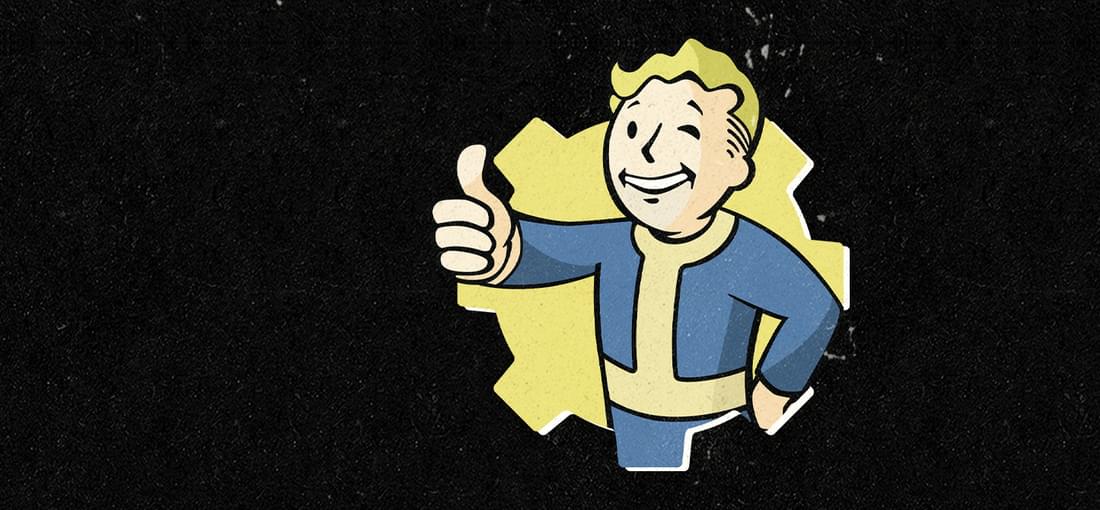
While I really enjoy Fallout 4 and have put a ton of hours into it, it really can't compare to previous Fallout titles in terms of story-telling or RPG-elements: It's more of an open-world looter-shooter (with mild RPG elements) than a proper RPG. This is emphasized both by the much simplified perk system and the infamous conversation wheel. However, if you avoind going into the game with the wrong expectations, you will still find an extremely worthwhile title: Bethesda's penchant for environmental story-telling and attention to detail are still very much around, so exploration and looting are a real joy. While there is some copy-and-paste for scenery going on, the environments are still huge and overall extremely varied. Both marked and unmarked side-missions are my main drive when playing this game, whereas the main story is easy to forget about (or put on the back-burner). Both major DLCs (Far Harbor, Nuka World) are great extensions - in very different ways - adding a huge amount of new content to explore. Survival Mode in particular feeds that masochistic STALKER-streak I suffer from. Other players may find endless hours of joy in building and pampering their settlements. It's important to note that the large amount of freedom also comes with drawbacks, such as a lack of direction. A ton of enjoyable content is also pretty shallow: Most optional dungeons or areas come with little side stories, like the one about a pre-war serial killer displaying his victims in the tunnels below Boston, or the hunt for a legendary historical treasure. But while these are great, they never lead to anything bigger. Haunted ruins or Lovecraftian quarries hint at greater mysteries, but never amount to anything. Similarly, many awesome little quests like the one about a Raider-killing murderer with an artistic streak end with just a little bit of loot - where an entire quest line would be warranted instead! Fallout 4 suffers from a lot of missed potential from not going deeper.
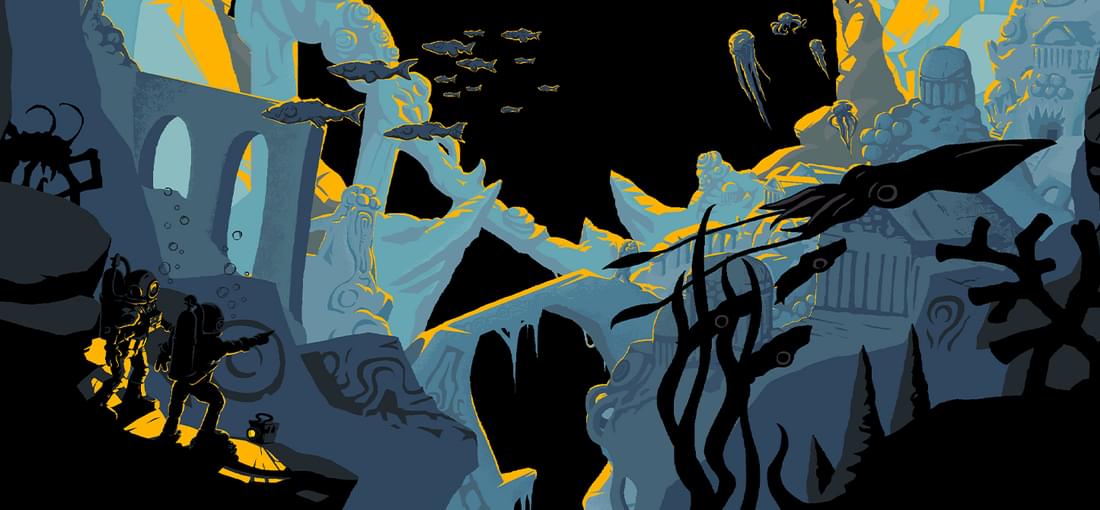
While I enjoy the game's setting and it features some atmospheric writing, the overall story is very basic. There are some great environments and the game does a lot to generate a creepy feeling, including effective background music and ambience tracks. It features a slightly odd, clashing mix of graphical styles (a combination of pre-rendered 3D and cartoon style sprites) and a number of enemy animations are choppy/have too few frames. The tactical combat is relatively simple. That doesn't mean it's easy, though: I encountered a strange difficulty curve, where the game starts off easy, then hits you with a really steep wall as tougher enemies appear (but your mooks don't have many - or any - useful abilities yet, so you don't really have the tactical options to compensate), and then it gets much easier again. Maybe I should've played on a harder difficulty for a better late game, but that initial wall was a problem. There is a global upgrade and research system using Clues (gained from various sources of intel, including killed enemies), which provides a nice progression besides individual mooks leveling up. There is some base-building in the sense of repairing and expanding your submarine, though that is very limited. While the game is endearing to me, it lacks variety and complexity. It would also need more polish, as I encountered a number of bugs. The same tutorial hints keep popping up indefinitely. Text windows can't be moved or minimized, so a lot of the speech bubble dialogue (your troops talking to each other) may be missed. The camera often doesn't focus on the action during enemy turns and you can't manually move it. Random level names keep re-rolling every time you load in. The game also always resets your selected party between missions to the highest level mooks in your roster: You constantly have to make sure that the people you want on a mission weren't de-selected when you start. Overall a bit of a disappointment, but by no means bad.
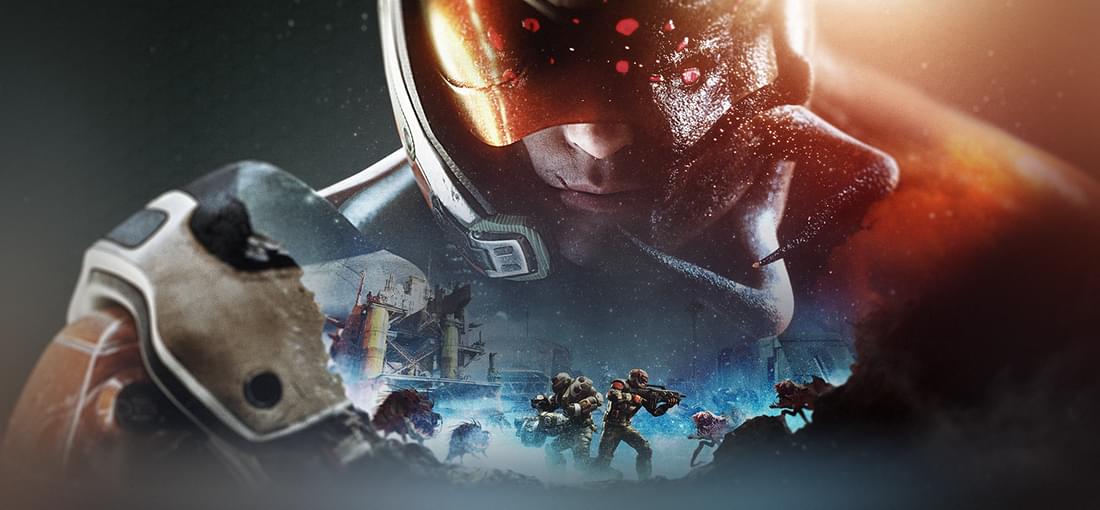
I like the theme: Less Roswell, but more consistent crab, millipede and bug monsters, and humanoid friends and enemies. The enemies come in numerous variations with different weapons and abilities; lots of variety and tactical depth - not mere palette swaps. The free-aiming feature is a great addition and one I'm sure I'll miss whenever I play another tactical game: Targeted attacks disable specific abilities or weapons, which is essential for dealing with powerful enemies. Why focus everyone on killing a spawner, when you can just disable its spawning ability? Why punch through a heavy shield, when you can just disable the arm holding it? Balancing is weird, though. Some tiny creatures can ruin you, while giant monsters may lumber around uselessly. The DLCs are a mixed bag, adding more variety, but also more balancing problems. Defending human havens against attacks have random response times: These can be very long or ridiculously short (leading to the haven's immediate destruction). Can't save everyone, I guess, but it doesn't feel like I did anything wrong, there simply was no chance to intervene. Map themes and set piece variety are nice, but the campaign is very long and you will certainly run into repeating scenery. The factions were interesting, if a bit cartoonish in the extreme positions they represent. Interaction with them is limited, though: They're more like progress bars for quests and research than fully realized allies or rivals. Also, while you can get them all to like you just fine, they're bound to hate each other and you can only neuter them - stop them from killing each other - but not get them to work together. I noticed some small bugs, including one that made attacking an enemy base impossible (fixable via console); the cursor dragging the entire screen around; not being able to interact with markers on the Geoscape until you moved the globe around some. Nothing game breaking. Overall, a cool tactics game with slight annoyances.
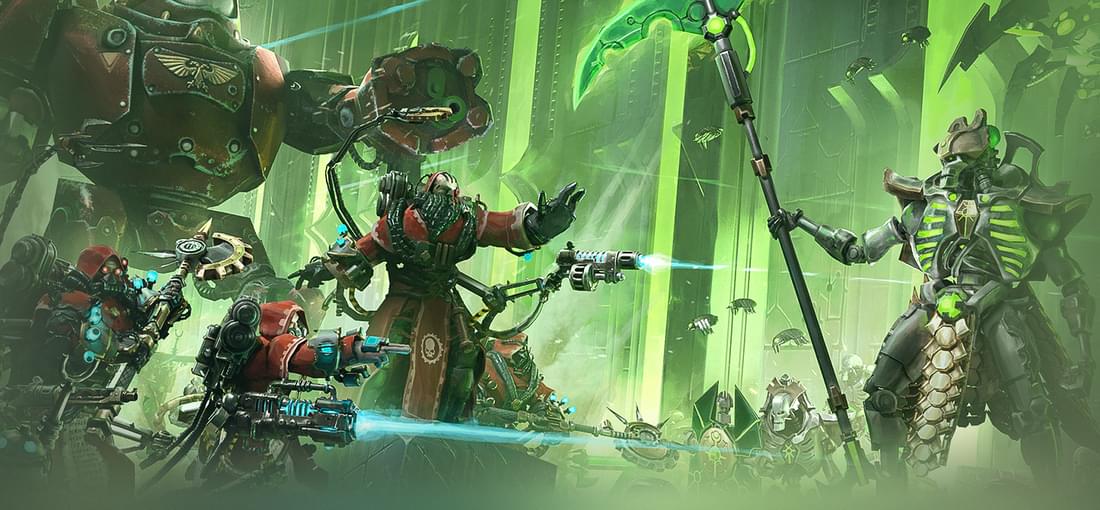
Mechanicus is a great entry in the often underwhelming library of WH40K-themed games. Take charge of a highly customizable party of elite troops and weaker mooks for turn-based tactical combat. The presentation is excellent, with great art direction and an absolutely amazing soundtrack, mixing electronic and organ music and chants. The graphics don't have the highest fidelity, but everything is very pretty in an almost cartoon-like style, reminiscent of Torchlight and similar optics. The main gameplay is split into two phases: Exploration, wherein you select the path through the tombs and have to make choices in semi-randomized encounters (that is: there is a limited number of predefined encounters throughout each mission, but the precise location in the path is different each playthrough). And combat, of course, which is the meat of the game. Combat greatly relies on cognition points (CP), which allow your units to use special abilities or more powerful weapons. Importantly, spending CP allows your units to keep moving around the field. Recovering CP in various ways is therefore a core concept of the game. This can become downright ludicrous: A party specialized on recovering CP can keep performing actions to the point where the entire combat encounter is handled within the first turn and the enemies never get to fire a single shot. In that sense, the game can sometimes feel more like a puzzle game, where optimizing your route towards a rapid, cheesy victory is key. As you move through the campaign, your main units gain experience, new abilities and equipment options, RPG-like. The included Heretek DLC adds a few additional missions with a handful of new enemy types and some equipment. Nothing too big, but welcome nonetheless. The game features a wide array of customizability regarding difficulty options (and a number of GOG-achievements tied to these), allowing for great replay value and the appropriate challenge for any player. Overall, a great experience.
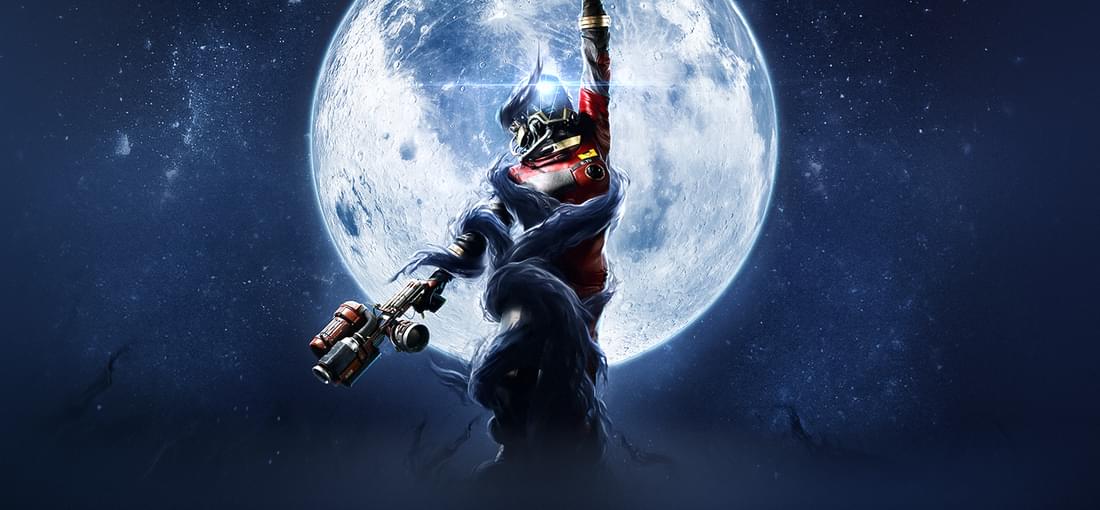
When I first started to play this DLC, I was really disappointed. It seemed rather dull. Where is the atmosphere? Where is the slow, methodical exploration and looting? Why am I even doing any of this? I almost stopped playing, but I'm glad I didn't. Once you've unlearned some things from the main game and understood that this is extremely different from the main game, you'll get to experience a very engaging, polished rogue-lite with light puzzle elements and an interesting story of intrigue. To get the most enjoyment out of this game, you first really need to leave behind notions of needing to survive. You can always do that later! But your first goal and your entryway towards enjoyment is to upgrade your roster of characters (varied in both personality and individual skill progression). Figure out which upgrades or weapons help you to overcome the semi-randomized obstacles. Get an idea of what equipment you'll need to bring into the simulation, what loot you can safely recycle into upgrades, which items you should really hold on to and pass along to the next character in line. Trial and error is your friend. Fully understanding the value of the stash shared between your characters is essential. Unlock additional characters and accomplish their story missions, to learn how everything turned out so terrible on the moon. Perhaps find a character that best fits your play style and that you can most easily loot the moon base with: Because loot means upgrades! And upgrades means more fun and more freedom when running that gauntlet - a gauntlet that only grows more difficult, but also more rewarding. And when that gauntlet runs out of loot to grab, just reset the simulation and try a new route. Honestly, I had a great time with this, it was downright addictive once I figured a few things out. Highly recommended - if any of the above sounds enjoyable to you. Just don't expect anything like the main game.
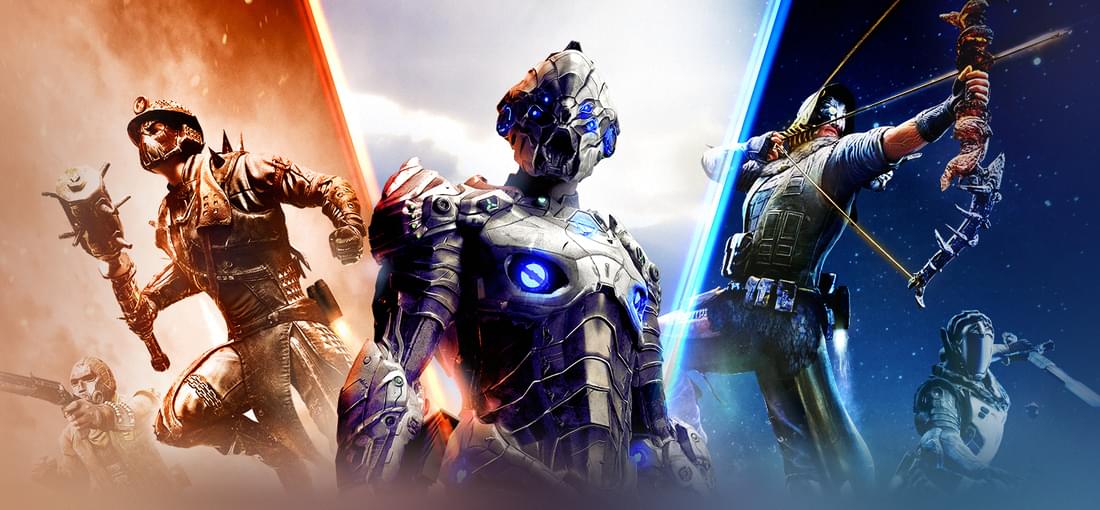
I bought this at a discount and I recommend you wait for that opportunity, too. I wouldn't be so generous at full price. This sequel plays much better than the first game, while still feeding that itch for exploration and looting. Especially the melee combat system is improved. Boosting your character to maximum power is also far easier, which takes away some of the challenge, but the overall flow is much better. The environments vary from very pretty to desolate. While it's nice to see how places from the first game have evolved, some of the new areas are too dull. The factions and their quests are nice and varied: Berserkers haven't just invaded but melded with the Outlaws (some interesting internal conflict), Albs have become a shady group you can join and Morkons are far more complex than their spiky death-cult image would suggest. The "proper" Outlaws and the Clerics have been downgraded to secondary factions, but are still worth getting into. Staying neutral/not joining any faction is also an option now. Where the game starts to lose me are your companions: Some of them are just unbearable now and a lot of their quests are sadly very formulaic. I did these more out of a sense of obligation than enjoyment. The same must be said for many of the main quests in the game. Especially towards the end, far, far, FAR too many quests are a simple "go here and kill 10-30 marked enemies", with barely any flavor text or proper reason given: Attacking armies and hordes of creatures just... show up. And while I really enjoyed the various optional missions, the main story feels cobbled together and is again poorly told through monologues and stilted interactions. Events that are meant to be tragic fail miserably to evoke a reaction. Others are nonsensical. I can forgive much of this, since the main part of the game - exploration, side missions - are really well done and enjoyable. Just be prepared for a bit of a nonsensical slog towards the end. Oh, and bring a shotgun.
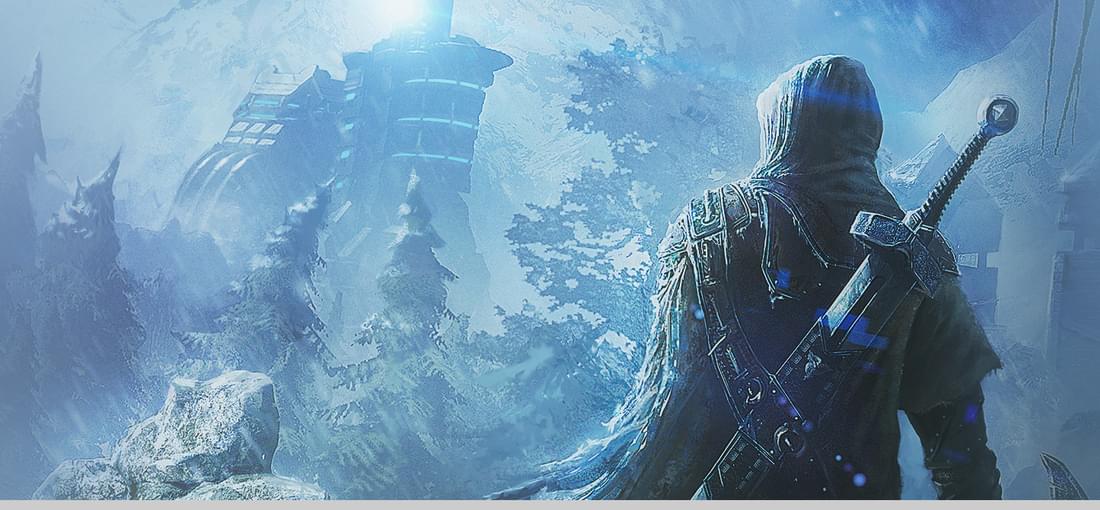
As a huge fan of the Gothic series, this game scratches that itch for exploration, looting and environmental story telling very well. The feeling of barely surviving, until you manage to climb the ladder, explore, do some quests etc. from back in the day carries over very well (at least on the hardest difficulty). There is some jankiness, souring the experience a bit for me, which is why I can't give it five stars. Also, maybe you need to detract another star, if you didn't enjoy the Gothic series or similar games. Combat: Very imbalanced: Weapons and powers fluctuate between useless and overkill. World geometry sometimes interferes especially with melee combat - as you shove an enemy around, it suddenly becomes impossible to hit, due to being slightly above/below you. Very annoying when every hit counts. Story: The main story is alright, but it is told in a poor way. Sometimes Jax will just start monologuing crucial story beats when you hit a certain point in a quest or a place. "Show, don't tell" should apply. The developers know how to do it better, with mini-quests, recordings, letters etc., but the main story seems to stumble and then try to catch up at times. Bugs: Usually regarding flags in conversations: Responses and reactions would imply I finished a quest one way, when I had done something else. Had one crash in 50+ hours, so it's quite stable. Really problematic is that the Cold status (see below) has display problems, showing the wrong level. Very slight spoiler regarding Cold: There's a sort-of-but-not-really morality system with Cold. Choices, dialogue options and consumption of certain items affects your Cold status. Be aware that your Cold level affects much more than just flavour text: Some of the quest paths depend on it, not on your decisions as a player. Not being aware of this, you may feel railroaded in certain quests and especially towards the end of the game. Overall: Great for fans of the genre. Probably just above average for others.
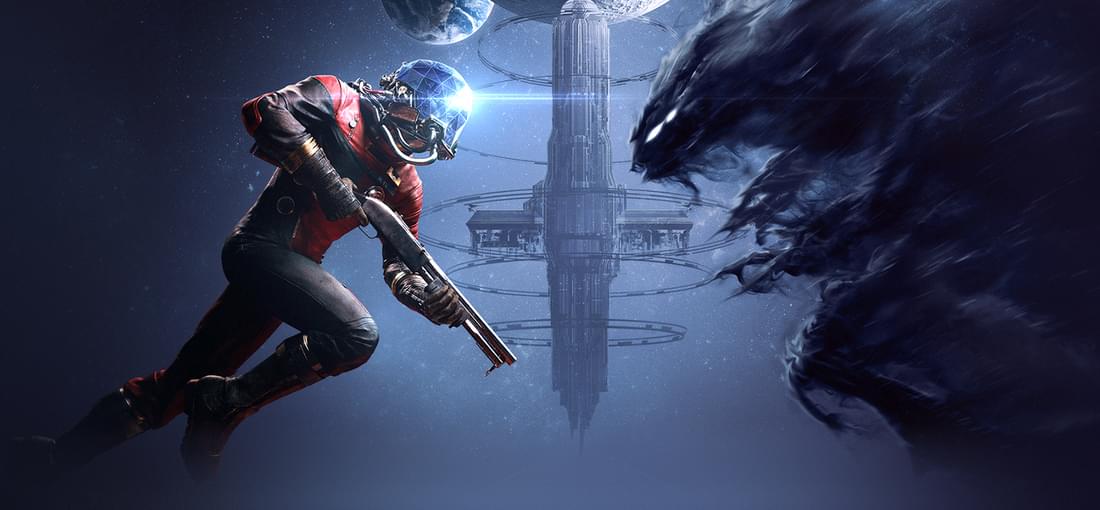
This game reminds me of such classics as System Shock 2 or BioShock - in terms of setting and stylistic choices, as well as their melding of FPS and RPG elements. The game's dense atmosphere and story are very engaging and probably its best aspects. Unfortunately, while the overall experience is great, the game-play itself is merely good in my estimation, for a number of reasons: - The difficulty curve is poor. Even on Nightmare difficulty with survival mode, the endgame is a breeze. After an admittedly tricky beginning, the game never really grows appropriately more difficult as time goes on, despite how powerful you become. - The main story-line is rather short; this isn't such a big deal in itself, as there are plenty of side quests and additional tasks to do. - However, the game doesn't really have any good way to reward you, even for extensive side quests (beyond additional story-beats, which are very enjoyable): Since the entire item management is focused around recycling and crafting, side quests will usually just give you more stuff to get resources from. This gets boring and the rewards are less urgently needed after the first third of the game or so. - In line with this, special or even unique equipment is extremely rare (I've found exactly two special items, one of which was a pre-order bonus originally) and the variety of weapons and tools is overall low. To make up for this, the weapons and tools you do get are at times quite ingenious and have multiple uses (GLOO gun and recycler charges come to mind). Weapons can be upgraded, but boringly so. - Skills and suit/scope upgrades are where the actual variety of the game-play is hiding, letting you play around with varied active abilities and passive bonuses. Overall, I had a very enjoyable time with this game. Thanks to the many side quests, multiple ways to finish them and at least two extremes of "moral" and "skilling" play-styles (and anything inbetween those extremes), I'll replay it at least once.
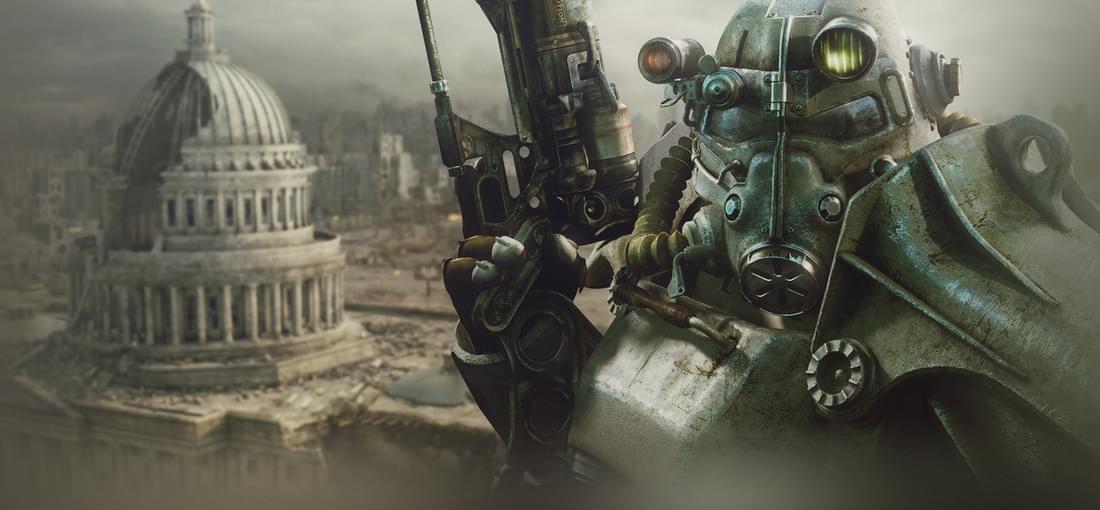
Fallout 3 was the first Fallout-game I've played, so I didn't have any expectations that a fan of the series might have. While I don't own it on GOG (yet), I've played it a ton. A lot of the common criticisms are very valid in my view: The game is kind of dull, the main story line is very weak. The combat goes from far too easy and dull to annoying-hard, not difficult-hard, to outright buggy mess. I still give the game four stars, because it got me hooked in other ways. Where the game shines is in exploration and countless little side-stories it tells. The optional quests are usually far more engaging than the overarching plot, involving weird, funny, spooky, sad and interesting fates of people, both before or since the apocalypse. This is further emphasized with countless little details to be found by snooping around: While there is some copy-pasting going on, much of the world seems hand-crafted and you will often come across hints to past tragedies or odd little happenstances, even completely devoid of quest-association. There is some very haunting imagery here, if you walk around, look at the ruins, skeletons burnt with nuclear fire, old baby strollers, various items left in not-at-all-random places - and if you think about what they tell of. These are the sorts of experiences that really stuck with me. There's a lot to do, see and explore here, but if you expect a well-crafted, cohesive story, sadly you'll have to look elsewhere. Interestingly, some of the DLC are far, far better in this regard than the main game. Broken Steel adds a proper finale. Point Lookout is a great, spooky adventure and delivers an additional huge area to explore. The Pitt is amazing, grimy and sad. The remaining DLC is in my opinion tolerable, but not great. Mothership Zeta repetitive and slow, while Operation Anchorage attempts and largely fails to be a different kind of game entirely. In short: Come for the world, go out and explore. Stick around for most of the DLC. Forget the plot.